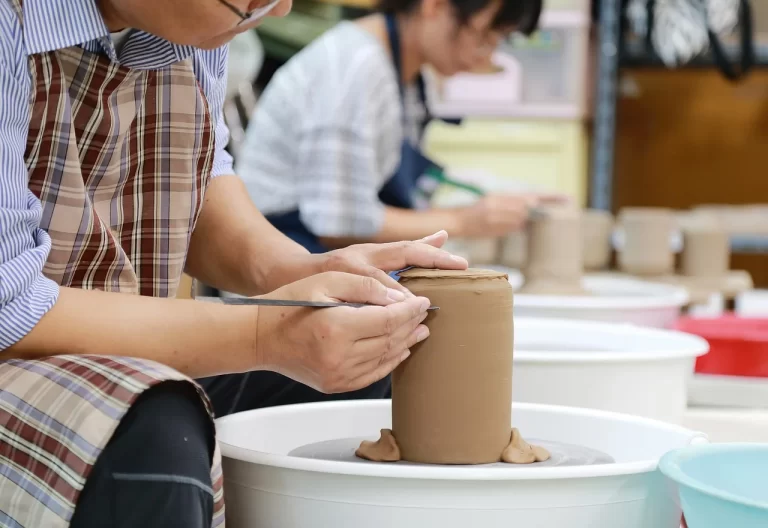Classroom discussions are essential to active learning. They foster engagement, clarify understanding, and encourage deeper inquiry. Among the many tools educators use to spark and sustain intellectual curiosity, Socratic questioning stands out as one of the most effective.
Rooted in the teachings of Socrates, this method involves a disciplined and thoughtful approach to questioning that helps students not only answer questions but also examine the assumptions, logic, and evidence behind their responses. When used strategically in classrooms, Socratic questioning can significantly enhance critical thinking and foster a more reflective and analytical learning environment.
The Philosophy Behind Socratic Questioning
Socratic questioning is based on the method Socrates used in ancient Greece to challenge prevailing ideas and encourage philosophical inquiry. He didn’t lecture or provide easy answers. Instead, he asked a series of questions that led his students to interrogate their own beliefs and uncover contradictions in their thinking. The goal wasn’t to arrive at a definitive answer but to explore the complexity of ideas and stimulate continuous thinking.
This method rests on the assumption that knowledge is not simply transferred from teacher to student but discovered through exploration. When applied in modern education, it encourages students to take ownership of their thought processes and develop the habit of rigorous inquiry.
Encouraging Deeper Engagement with Ideas
One of the key strengths of Socratic questioning is that it moves students beyond superficial responses. In typical class discussions, students may offer answers they believe are correct or that they think the teacher wants to hear. These answers often rely on memorization or repetition of textbook language.
Socratic questioning disrupts this pattern. When a student gives a response, the teacher follows up with probing questions such as “Why do you think that?” or “Can you provide an example?” or “What would be an opposing point of view?” These inquiries compel students to articulate their reasoning, defend their logic, and reconsider their assumptions. In doing so, they develop a more nuanced and robust understanding of the subject matter.
Challenging Assumptions and Biases
A crucial element of critical thinking is the ability to identify and challenge assumptions—both one’s own and those of others. Socratic questioning excels at uncovering hidden premises. For instance, in a discussion about justice, a teacher might ask, “What do we mean when we say something is fair?” or “Is fairness the same for everyone?” These questions prompt students to confront the underlying ideas that shape their beliefs.
Such discussions can reveal personal or cultural biases and open the door to more inclusive and empathetic perspectives. Instead of merely debating who is right or wrong, students learn to question how they came to hold their views and what evidence supports them.
Promoting Active Listening and Collaboration
Class discussions driven by Socratic questioning are not just dialogues between student and teacher; they often evolve into multi-directional conversations where students respond to and build upon each other’s ideas. This dynamic fosters active listening, as students must pay attention to their peers’ arguments to respond thoughtfully.
When one student says, “I think this character is heroic because they sacrifice themselves,” and another adds, “But could that be a form of guilt rather than bravery?” the conversation deepens. Students learn not only to present their opinions but also to reconsider them in light of others’ insights. This back-and-forth sharpens their reasoning and builds a respectful, intellectually curious classroom culture.
Developing Transferable Skills
The benefits of Socratic questioning extend well beyond academic performance. The method cultivates skills that are transferable to real-life situations—decision-making, ethical reasoning, problem-solving, and communication. Students who practice questioning in the classroom become more comfortable with uncertainty and complexity in the world outside it.
For instance, in civic discourse or professional settings, the ability to analyze information, identify logical fallacies, and pose meaningful questions can set individuals apart. Socratic questioning equips students with these skills, not by teaching them what to think, but how to think effectively and responsibly.
Flexibility Across Subjects and Educational Levels
Socratic questioning is not confined to philosophy or the humanities. It can be adapted for use in science, mathematics, social studies, and even art education. In a science class, a teacher might ask, “What evidence supports this hypothesis?” or “Could there be another explanation for this result?” In mathematics, students might be asked, “Why does this formula work?” or “How would you prove this concept?”
This flexibility allows teachers to incorporate higher-order thinking across the curriculum. Furthermore, Socratic questioning can be modified for different age groups. With younger students, questions may be more concrete, while with older or more advanced learners, they can be abstract and layered.
Overcoming Passive Learning Habits
One of the persistent challenges in education is combating passive learning, where students absorb information without questioning or interacting with it. Socratic questioning directly addresses this by making inquiry the central mode of engagement. It puts students in the position of thinkers rather than mere recipients of knowledge.
By regularly using this method, educators can shift the culture of the classroom from one of compliance to one of curiosity. Students begin to expect that they will be asked to explain, to reflect, and to reconsider. This anticipation raises the intellectual energy of the classroom and leads to richer, more meaningful discussions.
Encouraging Intellectual Humility
Another important outcome of Socratic questioning is the development of intellectual humility. Because the method often reveals gaps in knowledge or inconsistencies in thinking, students learn that it is acceptable not to have all the answers. This realization doesn’t lead to discouragement; rather, it motivates further exploration.
When students recognize that their first answer might not be their final one, they become more open to learning from others and revising their positions. This mindset is vital not only for academic growth but also for functioning in diverse and complex societies.
Socratic questioning is more than a teaching technique—it’s a mindset that transforms class discussions into exercises in critical thinking. By encouraging deeper engagement, challenging assumptions, fostering collaboration, and promoting active inquiry, it empowers students to become thoughtful, independent learners. In an age of rapid information and constant change, the ability to question wisely may be one of the most valuable skills education can offer. Whether discussing literature, science, ethics, or everyday problems, Socratic questioning reminds students that the search for understanding often begins not with answers, but with better questions



